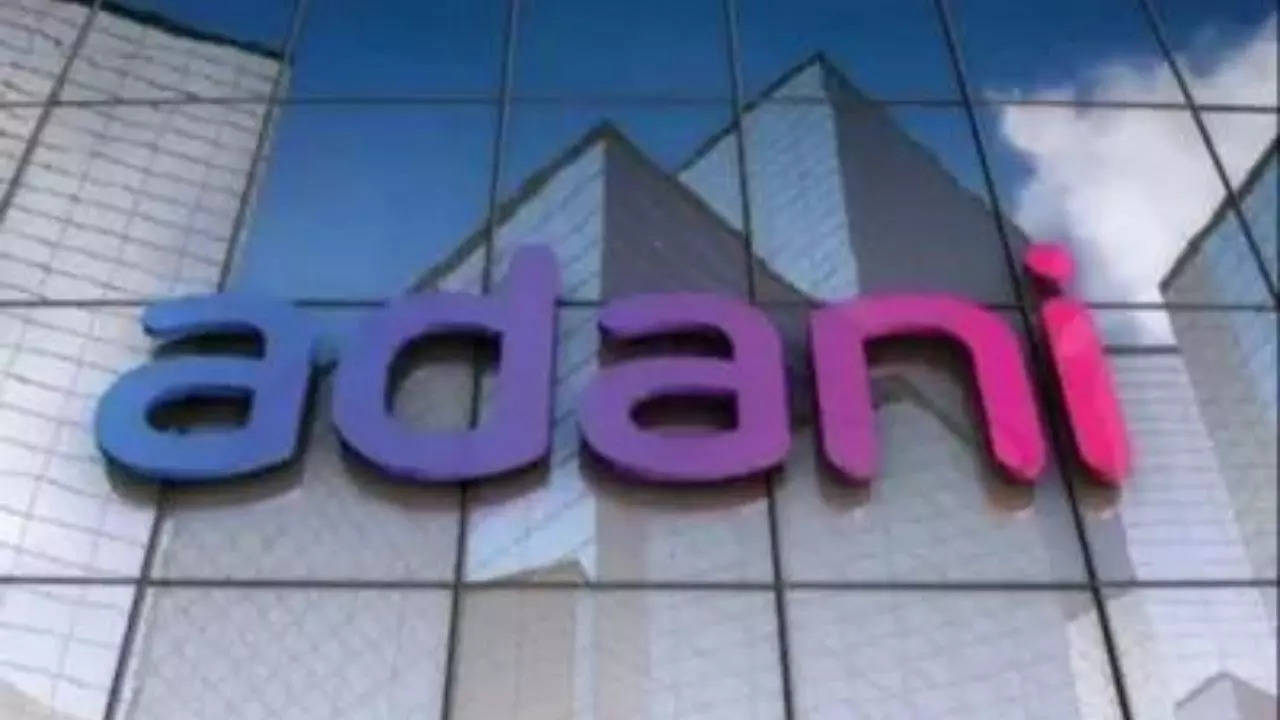
THE asset management unit of JPMorgan Chase has wiped its environmental, social and governance (ESG) portfolios clean of its exposure to the Adani empire.
The move, captured by an analysis of data compiled by Bloomberg, comes as a number of major investment firms including BlackRock and DWS Group – the fund-management unit of Deutsche Bank – continue to sit on Adani stakes in ESG funds that track indexes offered by MSCI.
Spokespeople for JPMorgan and BlackRock declined to comment. A DWS spokesperson said that when it comes to its MSCI-tracking exchange-traded funds (ETFs), “no proprietary DWS ESG assessment is used”.
Meanwhile, MSCI said that the results of a regular review of its ESG and climate indexes “will be implemented” at the end of February. The investment research company has not adjusted any of its Adani ESG ratings.
For many fund managers whose investment decisions are not anchored by MSCI indexes, Adani stocks became too toxic to hold after a Jan 24 report by short-seller Hindenburg Research was published, alleging that the conglomerate was guilty of fraud and market manipulation.
The Adani Group has rejected the claims and hired lawyers and communications specialists to resurrect its image.
For now, the 10 companies that make up the Adani conglomerate are continuing to bleed money, having lost roughly US$150 billion in combined market capital since the Hindenburg findings were released, data compiled by Bloomberg showed.
Tim Buckley, director at Australian think tank Climate Energy Finance, described the investor losses as an “absolute failure” on the part of regulators and index providers.
He said that regulators need to stay on top of “the biggest systemic risks”, and among these are “the index funds and the lack of clarity and regulatory definition”.
Reducing exposure
Two JPMorgan funds have offloaded their shares in Adani-owned cement manufacturer ACC, based on a data review by Bloomberg that looked at movements following the release of the Hindenburg report.
The JPMorgan Global Emerging Markets Research Enhanced Index Equity ESG UCITS ETF (ticker: JREM LN) sold off more than 70,000 shares, exiting a stake it has held in the cement company since May 2021.
The second fund, the JPMorgan AC Asia-Pacific ex-Japan Research Enhanced Index Equity ESG UCITS ETF (ticker: JREA LN), sold the 1,350 shares it had held in the company since July last year.
The moves mean that JPMorgan, which had held a stake of 0.04 per cent in ACC, no longer has further exposure to the Adani conglomerate via ESG funds, Bloomberg data showed.
Both funds are registered as Article 8, which, under European Union rules, means that they are required to “promote” ESG goals. JPMorgan continues to hold Adani stocks in non-ESG funds.
About 500 ESG funds in Europe hold Adani stocks, based on the latest data compiled by Bloomberg. Most of the holdings are contained in funds registered as Article 8. A handful of so-called Article 9 funds, which are required to target 100 per cent sustainable investments, also hold Adani stocks.
An analysis by the Anthropocene Fixed Income Institute, which has been studying the Adani Group since mid-2020, showed that funds with at least US$10 billion in assets under management tracking MSCI ESG indexes held shares in just Adani Enterprises – a business incubator – when the Hindenburg report was published.
Although MSCI still holds Adani stocks in ESG indexes, asset managers such as BlackRock are reducing their exposure to the conglomerate through other indexes.
S&P Global said this month that it was removing Adani Enterprises from its Dow Jones Sustainability Indexes. Meanwhile, Sustainalytics has downgraded the ESG scores of several Adani companies.
MSCI has made no changes to the ESG ratings of Adani companies since the Hindenburg report’s release. Adani Total Gas and Adani Green Energy both hold an “A” rating on its indexes. Three entities – Adani Enterprises, Adani Power and Adani Ports & Special Economic Zone – hold MSCI’s lowest ESG rating, CCC.
“Many of the Adani companies already performed poorly on corporate governance,” a spokesperson for MSCI said. The finance company had previously assessed a range of ESG controversies tied to Adani, including “community opposition to specific projects and questionable business ties”.
Green dollars funding coal
Aside from allegations of fraud and market manipulation, ESG fund managers have also had to digest documentation indicating their green dollars were indirectly financing coal, the dirtiest fossil fuel.
Norway’s largest pension fund, KLP, dumped its entire holding of shares in Adani Green Energy after the Hindenburg report was released. A Feb 10 public filing has since made clear that Adani is using stock from companies marketed as “green” as collateral in a credit facility that is helping to finance the Carmichael coal mine in Australia, via Adani Enterprises.
“Concerns around the use of shares to support loans for sister companies within the Adani Group could hinder funding access and weaken technical support for their dollar (bonds),” Sharon Chen, a credit analyst at Bloomberg Intelligence, said.
“Adani Group’s complex debt structure and weak transparency, evidenced by the use of Adani Green Energy shares to support its coal unit, could further increase ESG concerns and hinder funding access.”
















